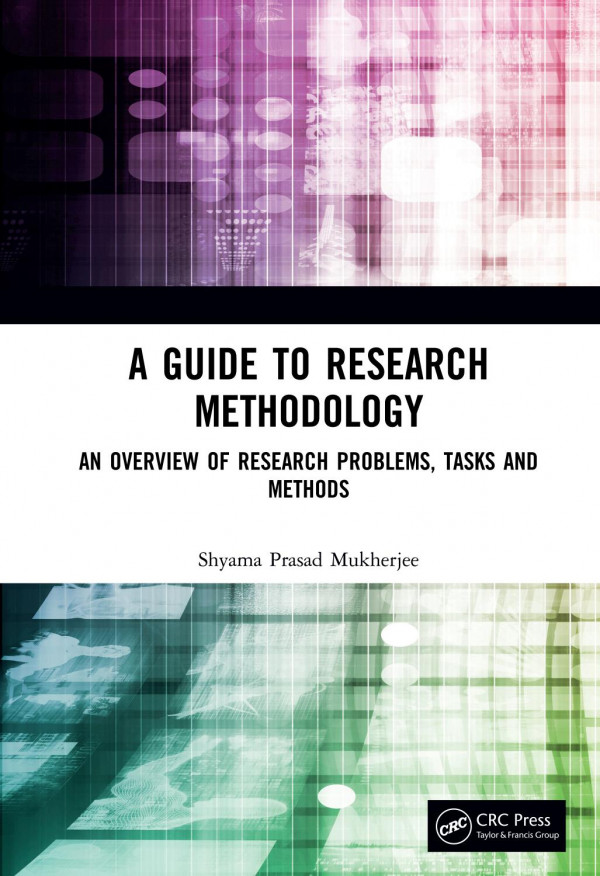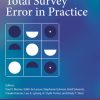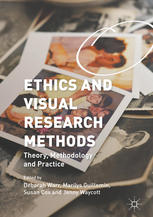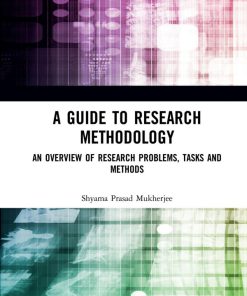A Guide to Research Methodology-An Overview of Research Problems, Tasks and Methods 1st Edition by Shyama Prasad Mukherjee 100062739X 9781000627398
$50.00 Original price was: $50.00.$25.00Current price is: $25.00.
A Guide to Research Methodology-An Overview of Research Problems, Tasks and Methods 1st Edition by Shyama Prasad Mukherjee (Author) – Ebook Instant Download/Delivery ISBN(s): 100062739X, 9781000627398

Product details:
- ISBN 10: 100062739X
- ISBN 13: 9781000627398
- Author: Shyama
Research Methodology is meant to provide a broad guideline to facilitate and steer the whole of a research activity in any discipline. With the ambit and amount of research increasing by the day, the need for Research Methodology is being widely appreciated. Against this backdrop, we notice the dearth of well-written books on the subject. A Guide to Research Methodology attempts a balance between the generic approach to research in any domain and the wide array of research methods which are to be used in carrying out different tasks in any research.
Table of contents:
1 Research – Objectives and Process
1.1 Introduction
1.2 Research Objectives
1.3 Types of Research
1.4 Research Process and Research Output
1.5 Phases in Research
1.6 Innovation and Research
1.7 Changing Nature and Expanding Scope of Research
1.8 Need for Research Methodology
Concluding Remarks
2 Formulation of Research Problems
2.1 Nature of Research Problems
2.2 Choice of Problem Area
Problem Area 1
Problem Area 2
Problem Area 3
Problem Area 4
Problem Area 5
Problem Area 6
Problem Area 7
Problem Area 8
Problem Area 9
Problem Area 10
Problem Area 11
Problem Area 12
Problem Area 13
Problem Area 14
2.3 Formulation of Research Problems
2.4 Role of Counter-Examples and Paradoxes
2.5 Illustrations of Problems
Problem 1
Problem 2
Problem 3
Problem 4
Problem 5
Problem 6
Problem 7
Problem 8
Problem 9
Problem 10
Problem 11
Problem 12
Problem 13
Problem 14
Problem 15
Problem 16
Problem 17
Problem 18
Problem 19
Problem 20
Problem 21
Problem 22
Problem 23
Problem 24
2.6 Concretizing Problem Formulation
3 Research Design
3.1 Introduction
3.2 Choice of Variables
3.3 Choice of Proxy Variables
3.4 Design for Gathering Data
3.4.1 Need for Data
3.4.2 Mechanisms for Data Collection
3.4.3 Design for Data Collection
3.5 Measurement Design
3.6 Quality of Measurements
3.7 Design of Analysis
3.8 Credibility and Generalizability of Findings
3.9 Interpretation of Results
3.10 Testing Statistical Hypotheses
3.11 Value of Information
3.12 Grounded Theory Approach
3.13 Ethical Considerations
4 Collection of Data
4.1 Introduction
4.2 Collection of Primary Data
4.2.1 Sample Surveys and Designed Experiments
4.2.2 Design of Questionnaires
4.2.3 Scaling of Responses
An Example
4.2.4 Survey Data Quality
4.3 Planning of Sample Surveys
4.3.1 Some General Remarks
4.3.2 Problems in Planning a Large-Scale Sample Survey
Problems in Developing a Sampling Frame
Problems in Use of Stratification
Sample Size Determination
4.3.3 Abuse of Sampling
4.3.4 Panel Surveys
4.4 Use of Designed Experiments
4.4.1 Types and Objectives of Experiments
4.5 Collection of Secondary Data
4.6 Data for Bio-Medical Research
4.7 Data for Special Purposes
4.8 Data Integration
5 Sample Surveys
5.1 Introduction
5.2 Non-Probability Sampling
5.3 Randomized Response Technique
5.4 Panel Surveys
5.5 Problems in Use of Stratified Sampling
5.5.1 Problem of Constructing Strata
5.5.2 Problem of Allocation of the Total Sample across Strata
5.6 Small-Area Estimation
5.7 Network Sampling
5.8 Estimation without Sampling
5.9 Combining Administrative Records with Survey Data
6 More about Experimental Designs
6.1 Introduction
6.2 Optimality of Designs
6.3 Fractional Factorial Experiments
6.4 Other Designs to Minimize the Number of Design Points
6.5 Mixture Experiments
6.6 Sequential Experiments: Alternatives to Factorial Experiments
6.7 Multi-Response Experiments
6.8 Design Augmentation
6.9 Designs for Clinical Trials
7 Models and Modelling
7.1 The Need for Models
7.2 Modelling Exercise
7.3 Types of Models
7.4 Probability Models
7.4.1 Generalities
7.4.2 Some Recent Generalizations
7.4.3 Discretization of Continuous Distributions
7.4.4 Multivariate Distributions
7.4.5 Use of Copulas
7.4.6 Choosing a Probability Model
7.5 Models Based on Differential Equations
7.5.1 Motivation
7.5.2 Fatigue Failure Model
7.5.3 Growth Models
7.6 The ANOVA Model
7.7 Regression Models
7.7.1 General Remarks
7.7.2 Linear Multiple Regression
7.7.3 Non-Parametric Regression
7.7.4 Quantile Regression
7.7.5 Artificial Neural Network (ANN) Models
7.8 Structural Equation Modelling
7.9 Stochastic Process Models
7.10 Glimpses of Some Other Models
7.11 Optimization Models
7.12 Simulation – Models and Solutions
7.13 Model Uncertainty
8 Data Analysis
8.1 Introduction
8.2 Content Analysis of Mission Statements
8.3 Analysis of a Comparative Experiment
8.4 Reliability Improvement through Designed Experiment
8.4.1 Exponential Failure Model
8.4.2 Weibull Failure Model
8.4.3 Lognormal Failure Model
8.5 Pooling Expert Opinions
8.5.1 Delphi Method
8.5.2 Analysis of Rankings
8.6 Selecting a Regression Model
8.7 Analysis of Incomplete Data
8.8 Estimating Process Capability
8.9 Estimation of EOQ
8.10 Comparison among Alternatives Using Multiple Criteria
8.10.1 Some Points of Concern
8.10.2 Analytic Hierarchy Process
8.10.3 Data Envelopment Analysis
8.10.4 TOPSIS
8.10.5 OCRA
8.11 Conjoint Analysis
8.12 Comparison of Probability Distributions
8.13 Comparing Efficiencies of Alternative Estimation Procedures
8.14 Multiple Comparison Procedures
8.15 Impact of Emotional Intelligence on Organizational Performance
9 Multivariate Analysis
9.1 Introduction
9.2 MANOVA
9.3 Principal-Component Analysis
9.4 Factor Analysis
9.5 Cluster Analysis
9.5.1 Generalities
9.5.2 Hierarchical Clustering (Based on Linkage Model)
9.6 Discrimination and Classification
9.6.1 Bayes Discriminant Rule
9.6.2 Fisher’s Discriminant Function Rule
9.6.3 Maximum Likelihood Discriminant Rule
9.6.4 Classification and Regression Trees
9.6.5 Support Vector Machines and Kernel Classifiers
9.7 Multi-Dimensional Scaling
9.7.1 Definition
9.7.2 Concept of Distance
9.7.3 Classic MDS (CMDS)
9.7.4 An Illustration
9.7.5 Goodness of Fit
9.7.6 Applications of MDS
9.7.7 Further Developments
10 Analysis of Dynamic Data
People also search:
research methods guide
what is the methodology of a research study
a guide to research methodology
a methodological study
a guide to historical method pdf
You may also like…
Politics & Philosophy - Social Sciences
Politics & Philosophy
Ethics and Visual Research Methods: Theory, Methodology, and Practice 1st Edition Deborah Warr
Politics & Philosophy
Doing Academic Research A Practical Guide to Research Methods and Analysis 1st Edition Ted Gournelos
Science (General) - Research & Development
Arts - Museums & Collections
Business & Economics - Industries
Research for Designers A Guide to Methods and Practice 1st Edition Gjoko Muratovski












